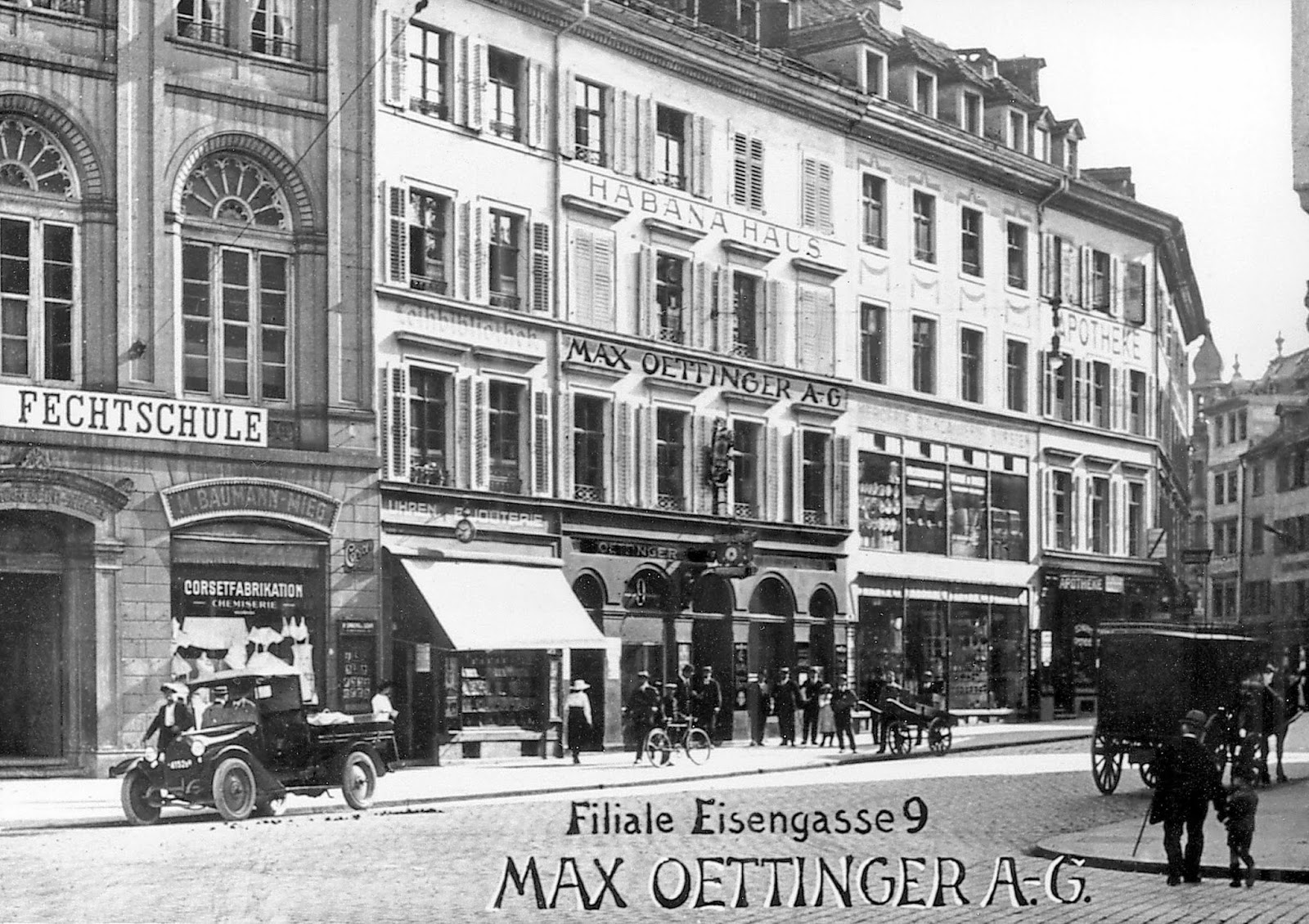Oettinger Davidoff AG has announced the results for its 2016 fiscal year. The company reported an 8.2% increase on a comparable basis to CHF 595 million, including a 20% growth of its core Davidoff brand. However, the company says it did not achieve all of its goals for 2016 and cites anti-tobacco legislation in the U.S. and Europe as the reason.
While overall revenues are down significantly from CHF 1.126 billion, this was a projection Oettinger Davidoff AG estimated as a result of its sale of Contadis AG to Lekkerland (Schweiz) AG. Contadis is focused in the wholesale segment and has a customer base that includes convenience stores, kiosks, and tobacco (cigarette) customers. The move has allowed Davidoff to have a greater focus on its core business in cigars and tobacco accessories.
As for the regulatory challenges, Oettinger Davidoff AG cited the implementation of the Deeming Regulations by the U.S. Food and Drug Administration (FDA) that went into effect August 8th, 2016. The company also cited the European Union’s Tobacco Product Directive No. 2 (EU TPD2), which took effect on May 20, 2016. Through new packaging specifications, this regulation increased the complexity and compliance requirements. Compliance initiatives for these regulations led to considerable additional costs for Oettinger Davidoff AG.
“2016 was a challenging year for the cigar industry as new and costly anti-tobacco legislation was introduced in both the EU and the USA. While we are extremely pleased with the continued double-digit growth of Davidoff and our global market share gains, we did not achieve all our goals for 2016,” commented Davidoff CEO Hans-Kristian Hoejsgaard regarding the course of business over the past year.
Davidoff also highlighted some key strategic initiatives in Central America and Asia. In Central America, the company opened its new factory in Honduras and has purchased tobacco plantations in both Honduras and Nicaragua. These initiates were in response to meet the rapidly growing worldwide demand for its Camacho brand.
In Asia, Davidoff highlighted its commitment to the market by the founding of Davidoff Asia. The company also cited acquiring a minority stake in Sparkle Roll Cigars China which Davidoff feels has the greatest market potential in the future.
“It is not only a milestone in the history of our company, but also reflects our global crop-to-shop-philosophy with this extension of the vertical integration of the business. Our investments mirror the strong growth of Camacho over the past five years which saw its global sales double, as well as the needed production capacity to continue expanding Camacho globally. Furthermore, I am particularly glad that we are able to make a substantial contribution to Honduras’ economic and social development by employing over 500 people in Danlí,” commented Hoejsgaard.
For 2017, Hoejgaard sees more challenges ahead, but is confident how Davidoff will navigate through it. “We expect a challenging and difficult 2017 as new restrictions in our core markets USA and Europe take hold and retailers hold back and await clarity. We are confident that we can continue to gain market share through our strong innovation and global retail footprint.”





